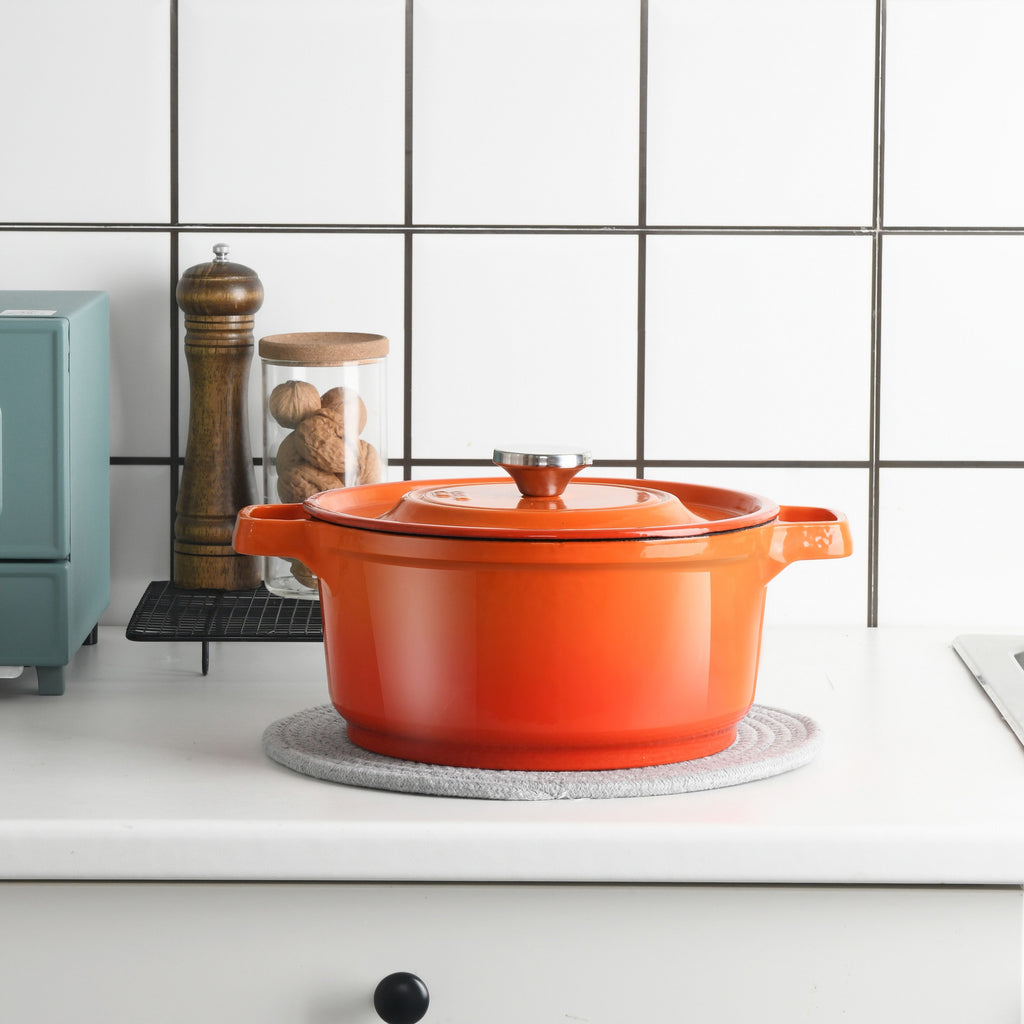
Even if you’re not a classically trained French pastry chef or wasn’t raised in France, there are some tools that are essential to helping get you that much closer to the perfect tarte or croissant. Sometimes your standing mixer won’t cut it. To master the art of French baking, you’ll need more specific and precise tools to help you get that perfect baked good. Check out these five French kitchen essentials that you need now to up your baking skills.

1. Kitchen Scale
Whether you’re cooking or baking, scales are a much more precise and confident measurement of ingredients, ensuring you’ll get the same quantity each time. Since baking requires precision and science in the form of correct quantities of ingredients, having a kitchen scale can help refine and ensure your baked goods are exactly as they should be.

2. Quiche Pan
The flaky, dense crust of quiches are made with the help of a very specific pan, a quiche pan. What makes quiche pans specifically are their straight edges as opposed to pie pans that have angled edges. The sides are neater and shorter, allowing for more “professional” looking pastries than the uneven, flaky side of pie pans. They are also sometimes referred to as round tart pans though quiche pans are slightly smaller in diameter and deeper by about 1/2 inch.

3. Coil Whisk
A coil whisk is exactly as is sounds, a whisk made as a coil. It is a shorter form of a traditional whisk that is used for whipping a variety of food ingredients with a head that is a round shape of coils wound around a circular metal wire that is attached to the handle. It is commonly available in sizes ranging from 6 to 14 inches in length and is great for whisking sauces, oils, and eggs.

4. Dutch Oven
If there’s one essential French item you need in your kitchen, it’s a dutch oven. The most popular, top-of-the-line kitchen brands all come from France; Staub from Alsace, and Le Creuset from Fresnoy-le-Grand. Popular dishes like stews, roast chicken, Coq Au Vin and Beef Bourguignon are among the long-standing, traditional French dishes made in these cast iron containers that help spread heat evenly. On the sweets side, dutch ovens are great for baking bread, cobblers, and cakes.

5. French-style Rolling Pin
While a regular rolling pin can be great for thicker doughs and provide more leverage, a tapered, handle-less French-style rolling pin is great for rolling thin doughs for delicate pastries. They focus on control and allow for maximum command of pressure. They also tend to take up less space and don’t have the problem of regular American-style rolling pin handles getting loose or falling off.
Do you have any of these tools in your kitchen? If so, let us know how you use them!

Leave a comment